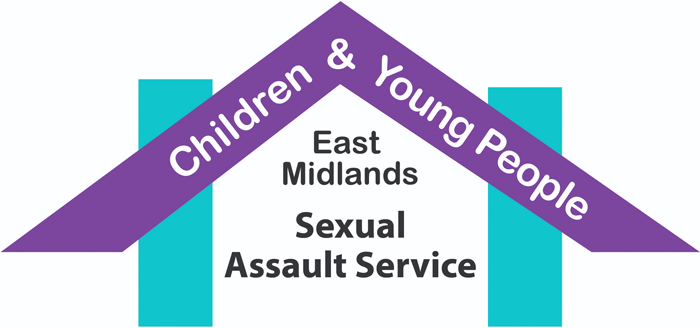A guide for children under 13 years old
Coming to the centre
What happened to you was not your fault and nobody will ever be angry with you. We are here to make you feel better and look after you because someone has done something to you that they shouldn’t have. You are not in any trouble and you never will be in any trouble. We know you might feel scared or worried, but we have helped lots of children like you before and we will make sure that you will feel safe and happy again as soon as we can.
If we spoke to you on the phone or an adult who is looking after you, we may have asked you to do some things before you come. We could have asked you not to have a drink or eat and there could be some things we asked you to bring with you. You can do the things we asked when you are waiting for us to pick you up. A police man or police woman will collect you in about 1 or 2 hours. But don’t worry, the police are there to look after you, you are not in any trouble.
When you arrive here
The police man or woman will bring you to our centre and you will meet the crisis support worker or nurse who will look after you all the time you are here. They will bring you to our special waiting room just for children where you can rest or play. The crisis support worker or nurse will ask you some things so we can find out how to look after you. You can tell them anything that you are worried or upset about and they will listen. If you came here with someone who cares for you, like your mum or dad or a carer, we will chat with them too. This is so we can make sure we can look after you the best we can. The police man or woman who came here with you may talk with you and the other adults who are with you too.
After we have had a chat with you, we will bring you to another room to see one of our paediatricians, a doctor who only looks after children. The Dr is involved in the initial discussion with the child they will then take you through to the room where you can have your examination
Seeing a doctor
After we have had a chat with you, we will bring you to another room to see one of our paediatricians, a doctor who only looks after children. The doctor is going to make sure that you are OK and so they will want to check you to see if you have been hurt. We may collect the clothes you are wearing. If we ask for your clothes, we will let you go somewhere so you can change on your own into some clean clothes or a gown that we give you.
The doctor will need to give you what we call a head to toe examination. This means that they will look at every part of your body one part at a time to make sure you are OK. The doctor may need to take swabs from some parts of your body. This means they will take some cotton wool and rub it on certain parts of your body. We also might take a little bit of your blood from you or ask you to give a sample of your urine (wee). This is so we can find out important things about what happened to you. The doctor will also want to look at parts of your body with something called a colposcope. This is a bright light with a magnifying lens so we can look closely at parts of your body that may have been harmed. We will have to look at your private parts (the parts of your body which would be covered by a swimming costume), but we will be very careful to make sure you don’t get upset when we check them.
You do not have to worry; all the things we will look at are to make sure you are OK. The doctor will have done this many times before, so they will know how to treat you without making you upset or uncomfortable. You can ask anyone a question whenever you want if you would like to know about what is happening, but our doctors are very good at letting you know what they are doing so that you feel safe and comfortable.
After you see the doctor
After you see the doctor, the crisis support worker or nurse will take you back to our waiting room so you can rest or play again and they will stay with you. They may ask you some more questions about what happened and they can get you a drink or something to eat if you want, because sometimes we ask you not to eat or drink before you see the doctor.
Before you go we will talk with you to make sure we decide together any appointments you may need after you leave us have for example referral to sexual health services, other health services or support with how you are feeling and with what is happening for you. These appointments will be close to home.
After you go home
If you have any questions in the days following your examination please contact us, we will contact you in the first week.
